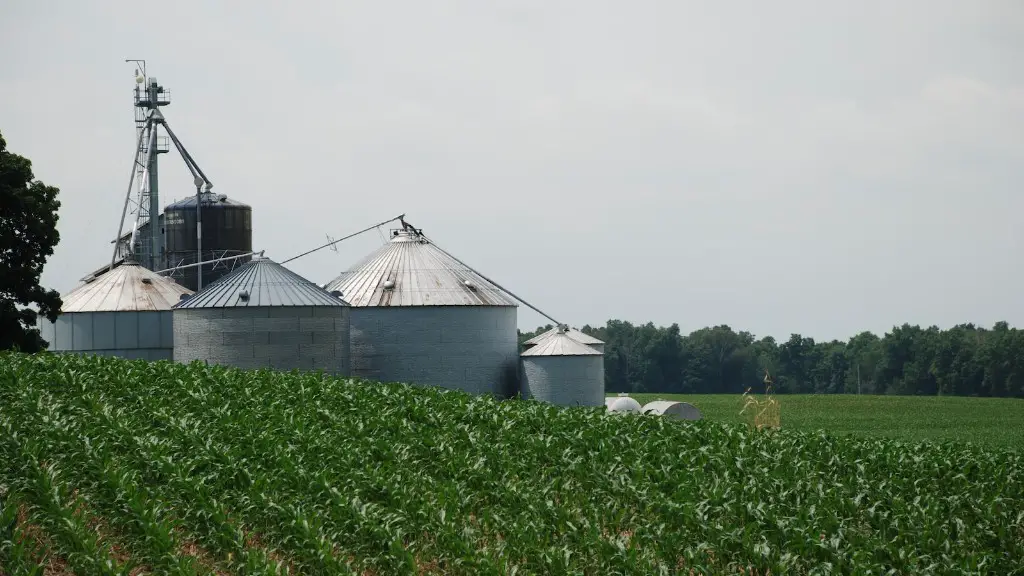Agriculture degrees typically provide in depth knowledge and understanding of the interrelationships between plants, animals and their environment. A degree in agriculture can lead to diverse career possibilities and can prepare students for many job opportunities in the fields of production, research, management, marketing and education. Here’s just a few of the types of jobs you could pursue with an agriculture degree.
Agricultural Technologist
Agricultural Technologists use science and technology to solve challenges in the production of food and fibre. They work in partnership with all sectors of the agri-food industry from farm to fork, from the primary agri-food production workplace to processing plants, research laboratories and government agencies. Job responsibilities of an agricultural technologist include overseeing irrigation systems, developing crop nutrient and pest management plans, and leading the implementation of sustainable agricultural production methods.
Agricultural Scientist
Agricultural Scientists typically carry out research in the areas of agronomy, horticulture, vegetable crops, entomology, animal science, soil science and forestry. Their work involves conducting experiments in various fields of agro sciences, understanding the effects of land use, pollution and other environmental factors on plants, animals and their environment and evaluating new and improved methods of agricultural production. Agricultural scientists might also run tests, analyze samples, inspect crops and identify plant or animal diseases.
Agricultural Consultant
Agricultural Consultants provide advice and guidance to governments, farmers, companies and other agricultural organizations on a wide range of agricultural-related topics. They have to use their knowledge and skills to conduct research, provide technical assistance and advice, manage financial and strategic plans, develop marketing strategies, design and manage educational programs, and evaluate and assess new agricultural technologies.
Agricultural Extension Agent
Agricultural Extension Agents are professionals who help farmers, landowners and other agricultural stakeholders. They educate and inform farmers about new and innovative agricultural and natural resource management practices. Responsibilities of agricultural extension agents include delivering information on agricultural production, production risks, marketing, financial management and natural resources conservation, conducting surveys and research on agricultural and economic aspects and running educational programs.
Agricultural Market Analyst
Agricultural Market Analysts research the current and projected state of particular markets within the agribusiness industry. They analyze trends and develop reports to help organizations making top executive decisions. Market analysts draw on their strong knowledge of the industry, markets and production processes to anticipate future markets and product demand, develop profitable marketing plans and recommend business decisions, consult with other agribusiness professionals to identify potential opportunities, and evaluate the profit potential of new products.
Agricultural Commodity Merchant
Agricultural Commodity Merchants are involved in the purchase and sale of agricultural products, such as grains, vegetables, fruit, meat, dairy products and feed. They negotiate and/or purchase goods on behalf of buyers and sellers, manage financial records, control supplies and ensure product quality, promote commodities, and negotiate with suppliers and customers on production contracts, pricing, packaging and distribution.
Agricultural Education Teacher
Agricultural Education Teachers instruct students in the fundamentals of agricultural science, safety and management. They use their technical and theoretical knowledge of agriculture to create lesson plans to teach students about plant and animal science, agronomy, sustainable crop production, soil and water management, animal husbandry and environmental sciences. Other duties of agricultural education teachers include supervising laboratories, directing student research projects and maintaining records on student progress.


